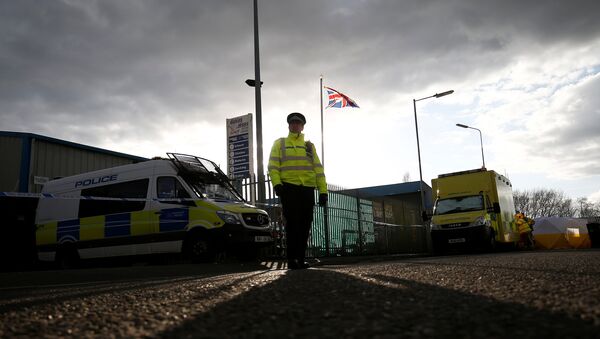"Every time this kind of thing happens, certainly you would think that it is, at least, an unfriendly action, and that is certain. My concern is that, it’s my own observation on the general status of things in the aftermath of the Brussels discussion, that some countries are led, manipulated into fighting someone else’s unjust war, and that is really regrettable," Russian Ambassador to Ireland Yuri Filatov told journalists at a press conference at the Russian Embassy in Dublin.
Earlier, the European Council sided with London in claiming that Russia was "highly likely" to be behind this month’s nerve agent attack on its former spy. The EU leaders agreed to recall EU Ambassador to Russia Markus Ederer for consultations. Earlier on Friday, Ireland’s Prime Minister (Taoiseach) Leo Varadkar said that his country would consider the possibility of expelling Russian diplomats in connection with the poisoning of Skripal.
READ MORE: Moscow Regrets EU Followed UK's 'Anti-Russian Policy' Over Skripal Case
On March 4, former Russian intelligence officer Skripal, who also worked for UK intelligence, and his daughter were found unconscious on a bench at a shopping center in Salisbury and are currently being treated for exposure to what UK experts believe to be the A234 nerve agent. The UK side claimed that this substance was related to the Novichok-class nerve agents developed in the Soviet Union. UK Prime Minister Theresa May has accused Russia of orchestrating the attack and expelled 23 Russian diplomats as a punitive measure.
The Russian side has strongly rejected the accusations and offered assistance in the investigation. However, Moscow's request for samples of the chemical substance used to poison Skripal was denied. Moscow also expelled UK diplomats and ordered the British Council to stop its activities in Russia in response to the UK move.


